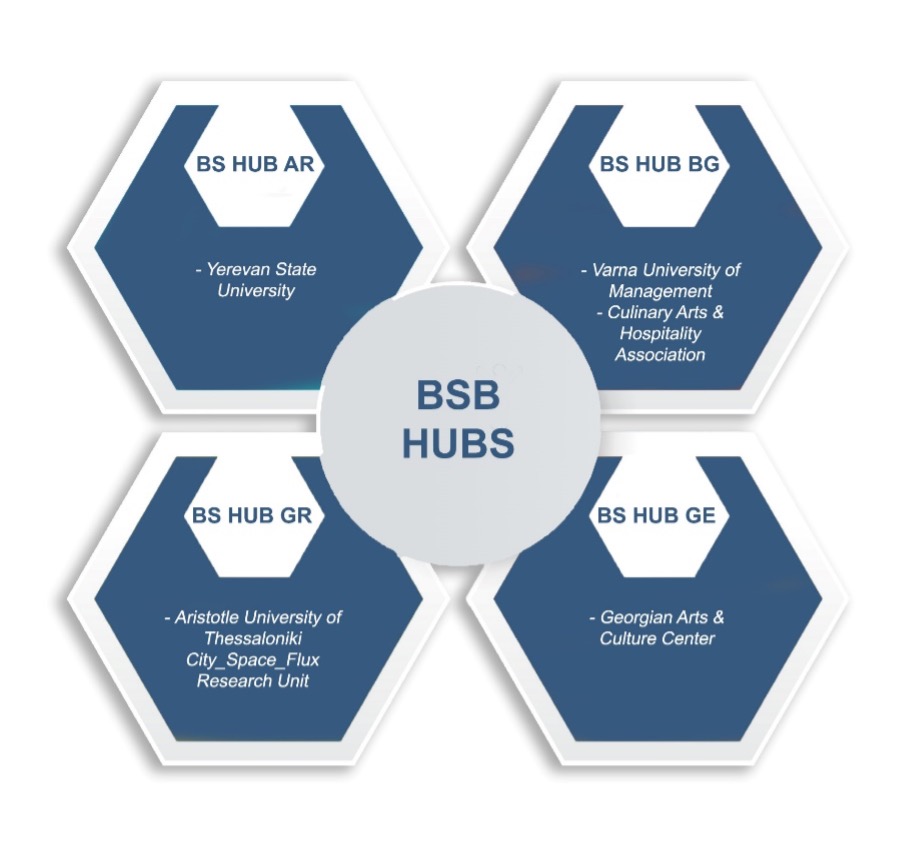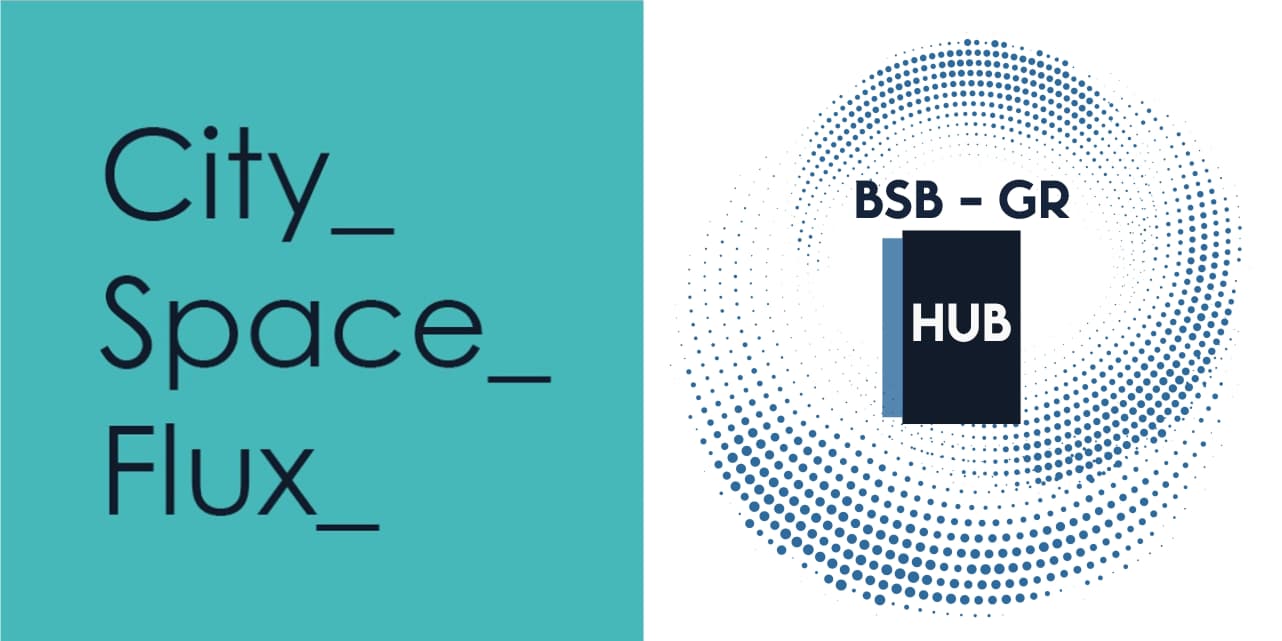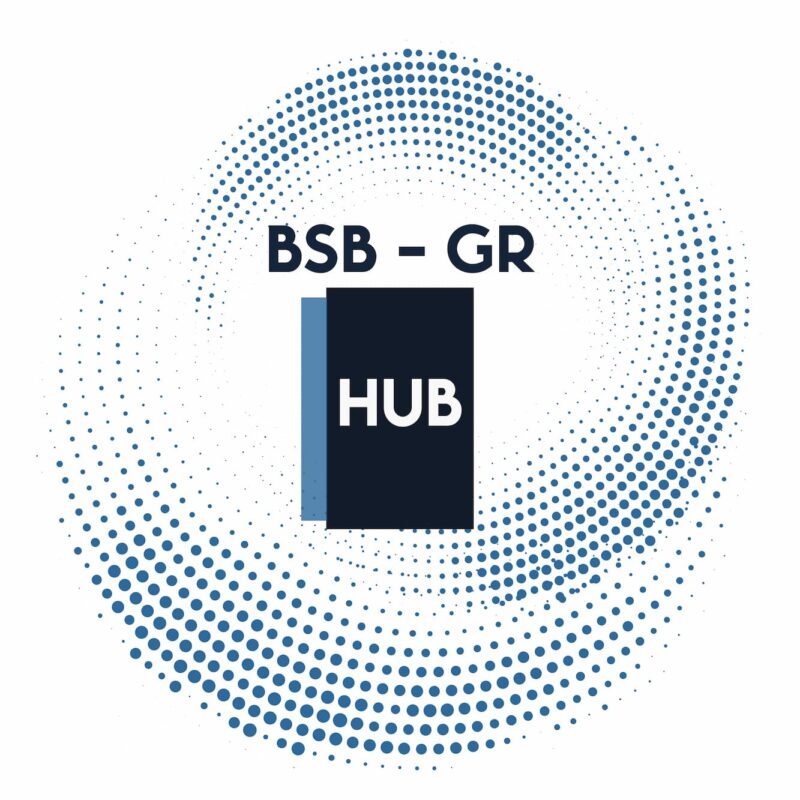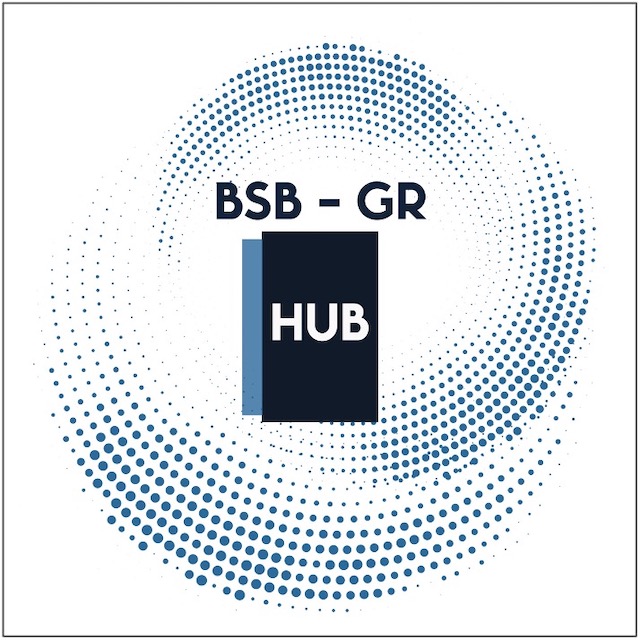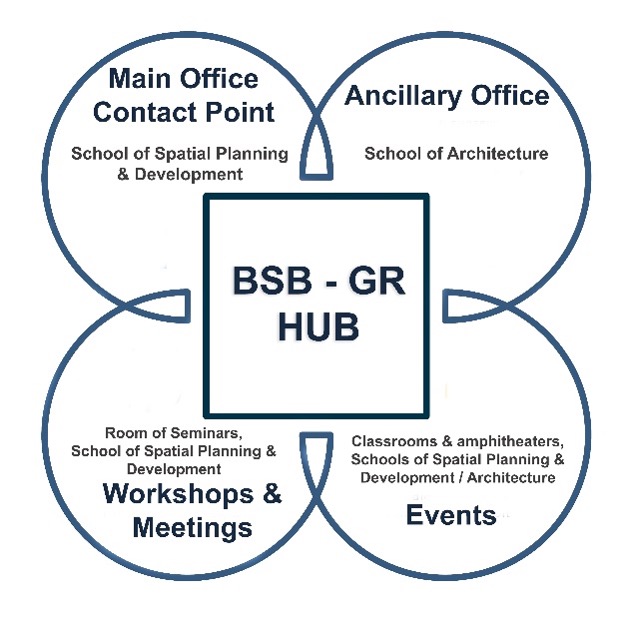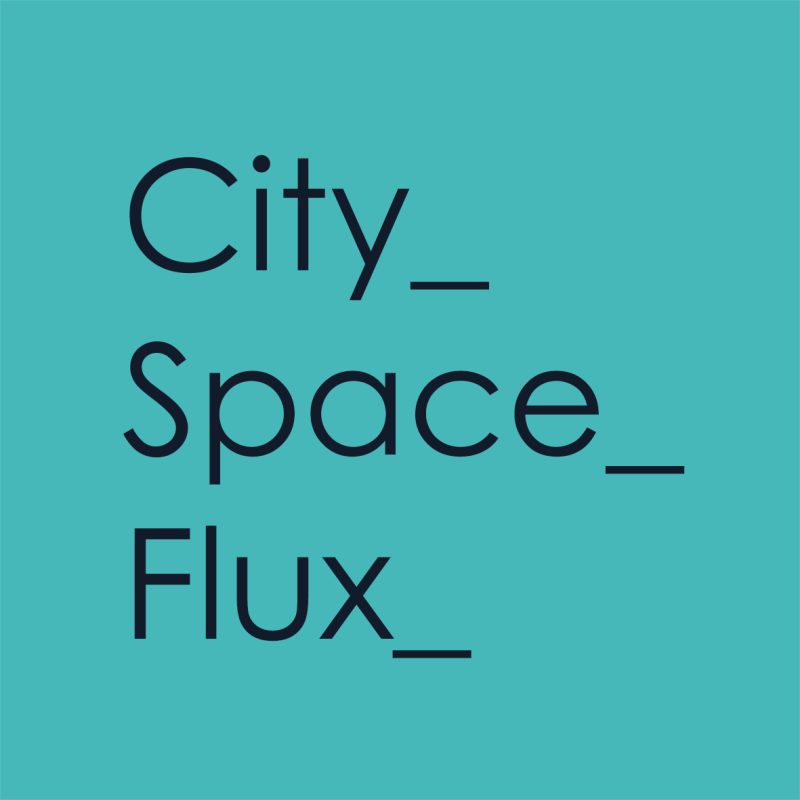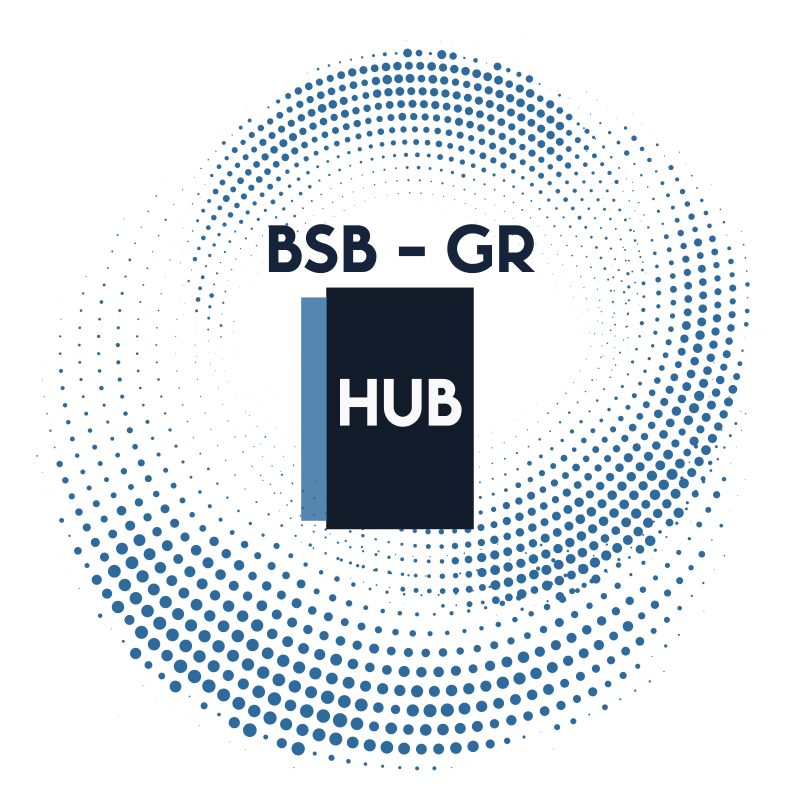The BSB - GR Hub is providing 4 (four) clusters of services that incorporate its main activities.
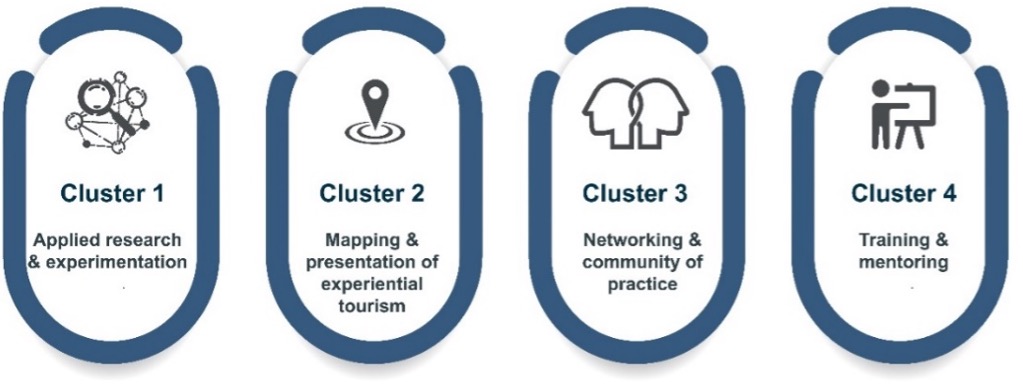
Applied research and experimentation
Experiential tourism is a new field for the regional and local development and the tourist sector in the Black Sea Basin. As a result, the establishment of such a specialized part of market should be followed by constant and up-to-date research which focuses on how and to what extend the area could be developed in this field, by taking into consideration all the dimensions of experiential tourism (spatial, economic, social, environmental etc.).
There is a general perception that tourism as an industry is not mainly based on knowledge and technology. Nevertheless, despite the necessity of authenticity, experiential tourism is closely related to innovations and new technologies. Technologies are highly connected to the personalization of experiences by not only connecting people to locations, but, also, by keeping the experiential economy sustainable. New business models are critical for the vitality of businesses by emphasizing in the sustainable aspect of tourism.
The BSB - GR Hub is based on the research conducted within the PRO EXTOUR project regarding the development of experiential tourism and performs other research activities related to:
- analyses, surveys, studies about all the contemporary experiential tourism trends and its pertinent sectors,
- identification of new activities and services related to experiential tourism and its various dimensions,
- encouraging technological and non-technological innovations that could keep the business and activities of experiential tourism viable and sustainable,
- other pertinent research which is applied in an open-laboratory environment.
The research results are fully accessible to any interested stakeholder.
Mapping and presentation of experiential tourism
Mapping and networking the multiple resources, services providers and activities of experiential tourism offers additional added value and responds to the need of conscious travelers to savour a diverse range of experiences by following proposed touristic routes. The efficient presentation and promotion of the cultural and heritage resources will benefit all the stakeholders involved and the companies active in the sector in marketing their products / services, while it will also allow potential customers to better plan and anticipate their travel experiences in the BSB - GR regions. To this end, the BSB - GR Hub will maintain and further develop during its operation the knowledge base and all the on-line resources created within PRO EXTOUR concerning the BSB - GR regions.
More specifically the BSB - GR Hub will maintain:
- the Inventory of relevant stakeholders (companies, local and/or regional authorities, relevant organizations, etc) and successful business models for experiential tourism,
- the Pilot Inventories of heritage and cultural activities and events,
- the On-line Repository of resources and tools for experiential tourism (the main documents and tools developed within the project, information and materials for promotion and communication etc) that will be available to the public online and could be used in the creation of cross-border culture- and heritage-based activities and routes in experiential tourism.
In addition to the above and as already highlighted, the Hub will also aim to further extend the contents of all the above mentioned resources with new information, case studies, materials and other resources that are created by the stakeholders or within other initiatives similar to PRO EXTOUR for the benefit of the end users, while at the same time promote and disseminate on the social media information on its function and of the resources it maintains.
The access to the digital resources will remain open to all interested stakeholders and the general public.
Networking and community of practice
The basis of experiential tourism in the anthropocentric approach. This means that experiential tourism development is customer – and local community based oriented, by focusing on the visitor’s value and needs. So, both travelers and service – providers need to spend time and resources to find all the necessary factors and information that contribute to a fully designed, high – quality and authentic experiential tourism product.
As practice proved, experiential servicers are usually provided by small ventures (SMEs, interest groups), which cannot invest many resources in research and development of new activities. So, the aspects of interaction and network creation are important to overcome this problem and further develop experiential activities.
The networking services of the BSB - GR Hub refer to:
- active participation in the cross-border network of the Black Sea Hubs on Experiential Tourism, in cooperation with the other Hubs, created within PRO EXTOUR project.
- organization/participation of an International Fair on Heritage and Culture-based Experiential Tourism in the BSB and promotion of communication and cooperation among the participants.
- gathering and coordinating an informal group of people who are involved in the various sectors of experiential tourism, aiming to share best practices and create new knowledge to further develop and support novel professional practices. This community of practice will involve the researchers who have worked in PRO EXTOUR project, other academics, experts and students, as well as like-minded professionals who are involved in the project events and actively contributed to the field research and workshops.
- organisation and facilitation of discussions, exhibitions, seminars etc. at its premises and within the mainstream research and training activities of the institution hosting the Hub.
The access to the events and activities remains open to all interested stakeholders.
Training and mentoring
One of the main goals of the BSB - GR Hub is to be a place of education, training and consulting on issues related to experiential tourism. To achieve this, the following services shall be provided by the Hub:
- Τraining seminars
- Demonstration and promotion of experiential activities
- Consulting
The Hub can organize seminars on the subject of experiential tourism, which will be open and free to those who wish to participate (students, researchers, stakeholders). Occasionally, the seminars are going to be targeted at specific groups aiming at their specialized training (e.g., young entrepreneurs or entrepreneur-to-be). Given the pandemic, the seminars will be implemented with physical presence, based on a certain number of entries or online. The lecturers of the seminars will be academics, researchers, experts, and professionals with knowledge and experience in the fields of spatial planning and development and tourism development and management.
Within the seminars, the Hub can co-organize demonstration activities in cooperation with selected public and private stakeholders that are already active in the field, to disseminate good practices in experiential tourism and inspire and advise young professionals. Participation in these actions will be free, however the audience can be predetermined by the Hub team depending on the targeting of the specific action. These actions will be held mainly with physical presence, given their experiential nature, while the aim is to investigate whether innovative experiential actions could be implemented via the internet.
The Hub, as a research and training entity will also provide ad hoc informal and non-formal consulting services upon request by public organizations and entrepreneurs. In addition, consulting could be implemented in the context of training seminars in the form of workshops, where brainstorming and mentoring procedures could be provided by experts in the field and with an emphasis on innovation. Mentors will be experts and academics with knowledge and experience in the specific subject. Counseling activities could be provided either live or online.



